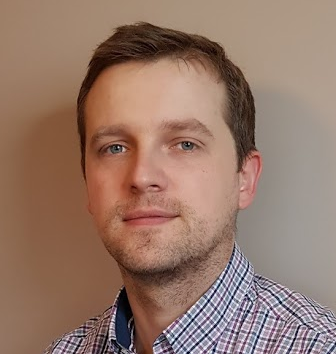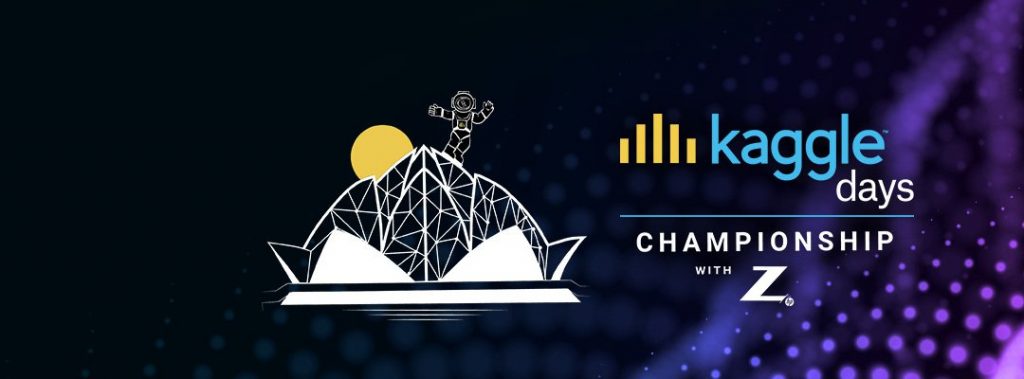This edition we were lucky to work with Dubai Police, who provided us with amazing topics for the Data Science community:
- Fighting child abuse (https://logicai.io/blog/brainstorm-social-good-fatalities-roads/)
- Optimizing police patrols
Although all topics were very interesting, we at LogicAI selected the third one to be the topic for the offline kaggle-like competition, while the first two were selected as topics for the brainstorming sessions.

Another brainstorming session was about fatalities on the roads in Dubai. It is a great topic for this format because participants can openly engage in the earlier stages of the data science process: reflect on what type of data can be potentially useful.
The goal of the Dubai Police is to reduce the number of fatalities towards zero till 2020.
The Police already have done a lot to reach this goal, e.g., they came up with white points scheme, which recognizes and encourage drivers with no fines for the whole year. Also, the department achieved three awards over the last three years, reducing the number of pedestrian’s deaths.

Nonetheless, the Dubai Police wanted to go further and use machine learning. That is why together with them we asked the Data Science community what can be done to complete this ambitious task in time.
LogicAI CTO and Kaggle Grandmaster Pawel Jankiewicz and Dr. Mostafa Aldah from Dubai Police presented main statistics over the past few years, what has been done already to reduce it and what are the key challenges.
After that, participants were asked to team up and generate ideas about:
- what kind of data can be useful
- how would they analyze the data
- how to reduce the number of fatalities
- whom they want to support: government, drivers or pedestrians

Teams prepared the whole data science roadmap: from preliminary data analyses to predicting actual fatalities.
Those included:
- Place and time
- types of locations (highways, bridges, road twists, etc.)
- timestamp
- weather conditions, especially factors reducing the visibility
- temperature
- Drivers characteristics
- vehicle type
- experience of the driver
- alcohol consumption
- fasten seat belt
- number of passengers
- Pedestrians characteristics
- alcohol consumption
- demographics (e.g. sex, age)
Participants identified different types of locations: risky regions where traffic can differ dramatically over the day and at some point may cause problems. Permanent locations are another type. Those are the locations, which need some reconstruction because incidents occur all the time.

As for the predictions, participants proposed a forecast number of incidents and use interpretation tools. It is essential since the knowledge of the main predictors for a specific location can reveal its vulnerability.
For example, if we know, that for a particular place time after 9 pm is the main predictor,
we may concentrate on why it is like that. It is possible that additional lighting or speed bump may be needed to reduce the number of incidents there.
We hope those ideas will inspire other members of Dubai Police and will help achieve their goal. We at LogicAI strive to deliver those kinds of technologies and more than happy to engage in such projects to make the world a safer place.
————–
Kaggle Days Dubai took place in Dubai World Trade Centre on April 30 – May 1, 2019. Please, find the detailed article Kaggle Days Dubai summary.
Kaggle Days are a series of offline, non-profit events for Data Science enthusiasts and Kagglers, created by LogicAI in partnership with Kaggle. Kaggle Days events aim to provide an opportunity to learn from Kaggle Grandmasters and network within the community. We gather worldwide Data Science community to encourage learning and sharing experience.
LogicAI is a data science consulting company providing end to end solutions for business problems using advanced analytics and machine learning models. We are authors of Dubai competitions and we provide services in those fields like predicting number of incidents, optimizing routes for police patrols, detecting child abuse in social media and reducing the number of fatalities.




